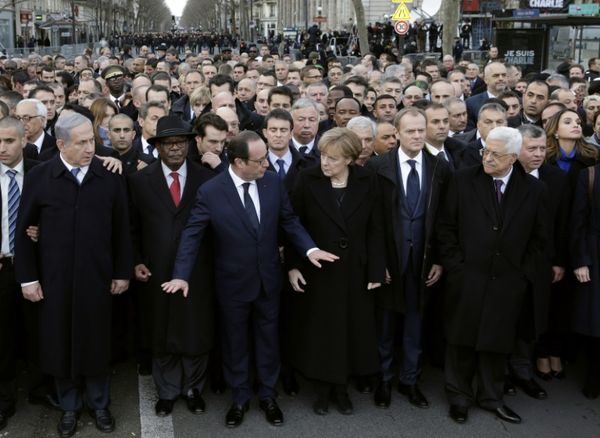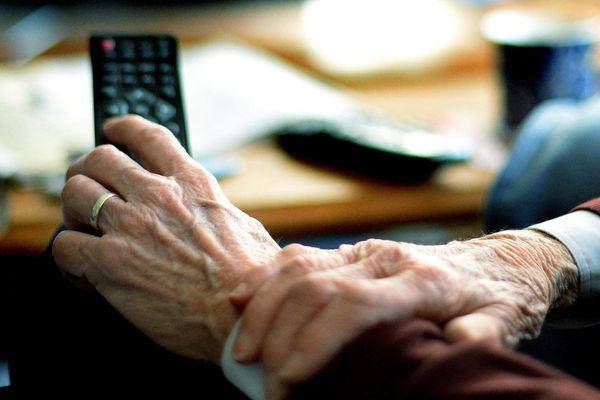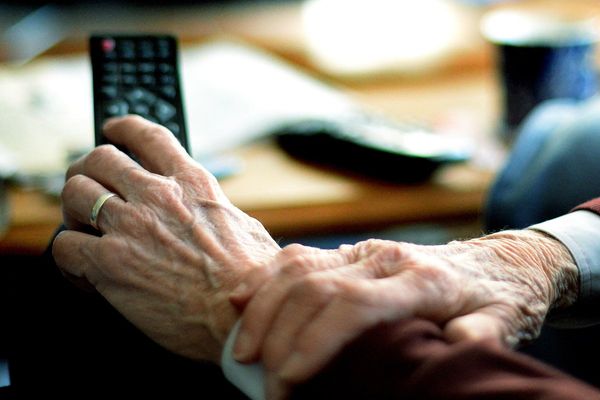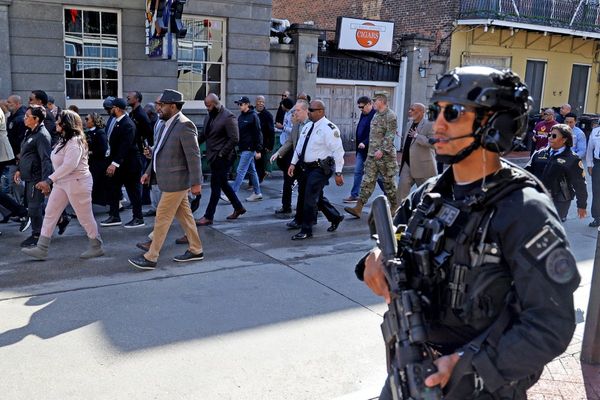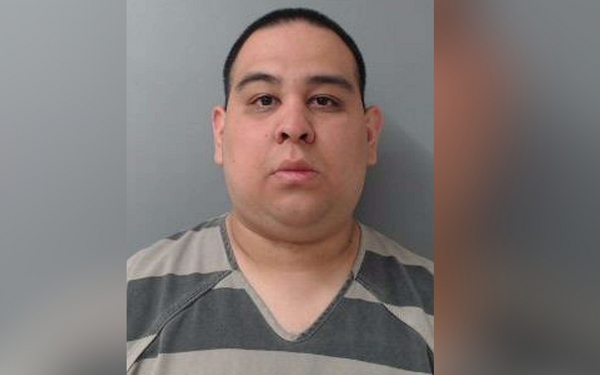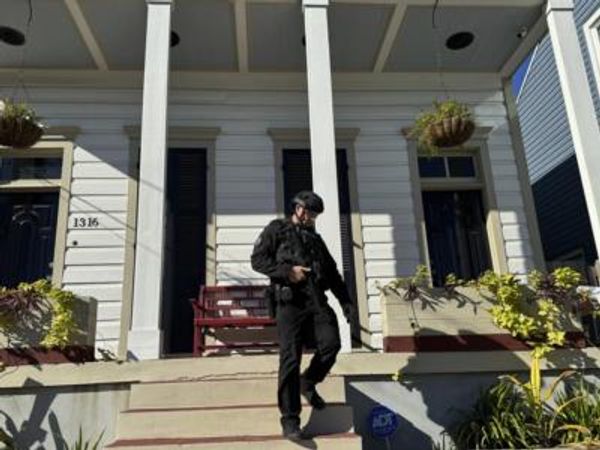
Washington (AFP) - The US Supreme Court agreed on Tuesday to hear a suit filed by a Christian website designer who declines to provide wedding services to same-sex couples.
The case pits religious liberty and First Amendment free speech rights against laws prohibiting discrimination and will be heard during the court's October term.
The nation's highest court has been presented with similar cases since it recognized same-sex marriages in 2015 but has declined to squarely address the issue.
The latest case involves a suit filed by Lorie Smith, an artist and owner of a website design company, 303 Creative, in Littleton, Colorado.
Smith has said that as a devout Christian, she cannot produce wedding announcements or websites for same-sex couples because it would be "inconsistent with my religious beliefs."
Colorado's anti-discrimination law prohibits businesses from refusing service to someone on the basis of sexual orientation.
The 10th US Circuit Court of Appeals ruled against Smith last year and she appealed to the Supreme Court.
In accepting the case, the Supreme Court said it would examine whether Colorado's law "to compel an artist to speak or stay silent violates the free speech clause of the First Amendment."
In June 2018, the Supreme Court partially ruled in favor of a Colorado baker who had refused to make a wedding cake for a gay couple.
The justices voted 7-2 that the Colorado Civil Rights Commission had displayed anti-religious hostility towards the baker, thus violating his constitutional rights.
The court, however, did not address the issue of whether a business can decline to serve gays and lesbians on religious grounds.
The court has undergone a radical transformation since that ruling with two conservative justices nominated by Donald Trump replacing two liberal justices, giving conservatives a 6-3 majority.
In a video statement, Smith, who is represented by the conservative Alliance Defending Freedom, said she was thankful the Supreme Court is taking up her case.
"My case is important to all Americans, including artists like myself," Smith said."It's important that our First Amendment rights for free speech are protected."
